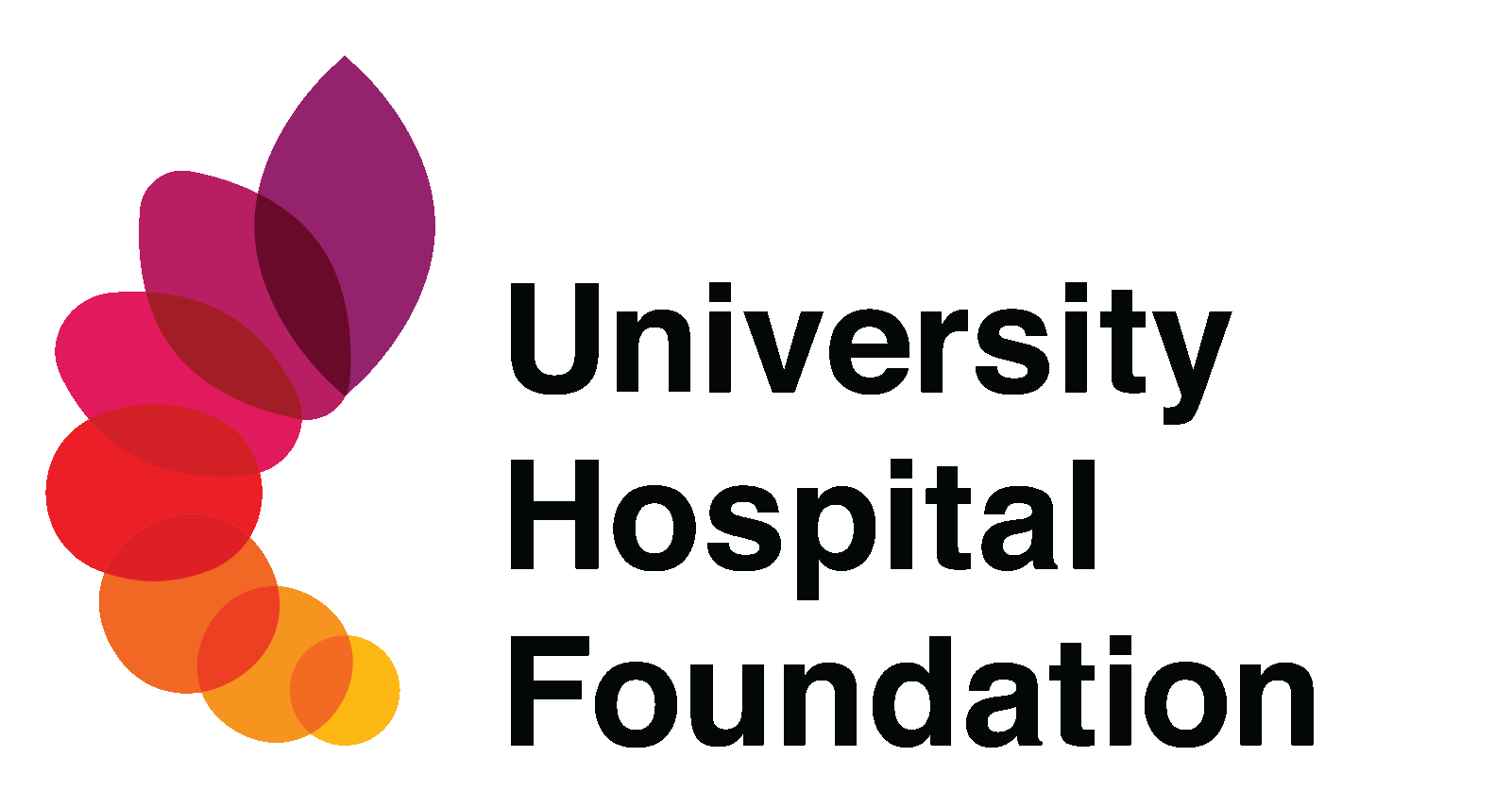The end of diabetes
What if we could reprogram cells?
Diabetes affects hundreds of millions of people and is one of the top ten causes of death worldwide, with one diabetes-related death occurring every six seconds. A cure for this tremendous condition may seem to be far off, but it is possible. The researchers that put Edmonton on the map with islet transplantation, dubbed the “Edmonton Protocol,” are ready to take the next step towards curing diabetes.
Dr. James Shapiro and his team have been successful in reprogramming blood cells taken from a diabetic patient into insulin producing stem cell islets. Since these cells are ‘self’-derived they may be transplanted back without anti-rejection drugs

Every six seconds, someone in the world dies due to complications relating to diabetes
Adults with diabetes spend up to 2.5 times more days in the hospital. In children, the ratio is 7:1 days in hospital
25% (1.2 Million) of the population of Alberta is living with diabetes or pre-diabetes
The project
While the lifesaving insulin injection has been the solution to diabetes for the past 100 years it is not a cure and has an impact on patients’ quality of life. While transplantation of insulin producing islet cells was a huge step in the right direction, the combination of a shortage of available donor organs and the requirement of transplant patients to take anti-rejection drugs for the rest of their lives make islet transplantation only suitable for a sub-population of Type 1 diabetics.
Taking a patient’s own mature cells and creating new stem cell islets manufactured from their own blood will not only negate the use of anti-rejection drugs but allow for the treatment of various types of diabetes. As of today, this process has reversed diabetes when transplanted in mice.
“To transplant an unlimited supply of self-derived human islets without antirejection is a novel approach to treat diabetes and could be the world’s first functional cure.”
Dr. James Shapiro
The benefits
The aim of Dr. Shapiro’s team is to replace damaged islet cells in people with various types of diabetes with new stem cell islets manufactured from their own blood. Induced Pluripotent Stem Cells (iPSCs) are derived from mature cells that have been reprogrammed to a malleable, embryonic-like state. This characteristic enables the development of an unlimited source of any human cell type needed, including islet cells. Because these are “self-derived”, they may be transplanted back without anti-rejection drugs.
Investment in this project will bring significant returns to society, including improved quality of life of diabetes patients, elimination of diabetes complications, and decreased strain on healthcare systems.
